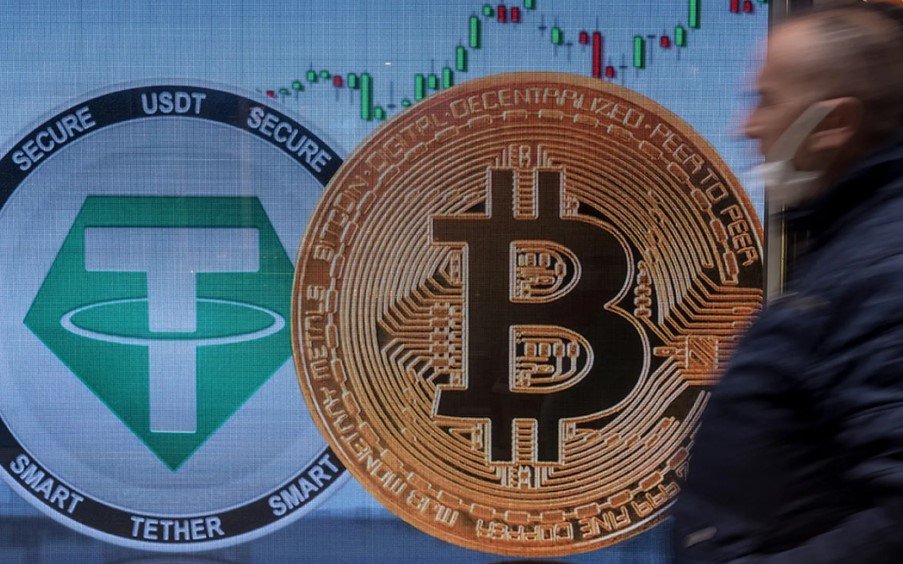Big banks like JPMorgan Chase, Bank of America, Citigroup, and Wells Fargo are reportedly in talks about creating a joint stablecoin project. This isn’t just another fintech experiment — it’s a strategic move to reclaim some control in a payments landscape increasingly challenged by crypto firms.
The chatter about this new alliance was first revealed by the Wall Street Journal. These banks are not flying solo either; payment platforms linked to them—Early Warning Services, the folks behind Zelle, and The Clearing House—are also part of the conversation. That adds a serious layer of muscle to the effort.
What’s interesting is how early these talks are. Nothing’s set in stone. The lineup might change — some banks might jump in or out. But the current plan is pretty clear: the stablecoin they envision won’t just be a closed club for the founding banks. They want to open it up, letting other financial institutions get involved.
However, it’s not quite clear if this coin will hit your phone or wallet anytime soon. Sources hint the initial focus could be on big players—institutions, not everyday shoppers. That makes sense, given how complex stablecoins and payments regulation still are.
Why Now? The GENIUS Act Is a Big Deal
Timing plays a huge role here. The US Senate is rushing to pass the GENIUS Act, a bipartisan bill aimed at putting clear rules around stablecoins. The idea is simple but powerful: provide a solid framework to make sure these digital coins, which are pegged 1:1 to the US dollar, don’t turn into risky wild cards.

Senator Bill Hagerty, a Republican from Tennessee, is one of the bill’s loudest champions. He sees the GENIUS Act as a way to modernize US payment systems and protect the dollar’s global supremacy. Hagerty believes this legislation will give consumers peace of mind while boosting demand for US treasuries — a potential $1 trillion lift in government bond demand, no less.
That’s a pretty big carrot for banks and investors alike. If the law clears the way for regulated stablecoins, these banks could not only stop crypto from eating their lunch but actually grow their slice of the pie.
How This Could Shake Up Payments and Banking
If this stablecoin consortium takes off, it might change the game for both banks and fintech companies. Here’s why:
-
Control Over Payment Flows: Banks want to keep the reins on how money moves, rather than watching crypto startups steal customers.
-
Reduced Costs and Speed: Stablecoins can settle transactions faster and cheaper than traditional methods, which banks want to leverage.
-
Institutional Trust: A bank-backed stablecoin might feel safer to businesses and regulators compared to the wild west of crypto.
Still, it’s no small feat. Banks have to juggle strict compliance rules, security concerns, and tech challenges. Plus, convincing the broader financial system and regulators to get on board won’t happen overnight.
One thing’s for sure: banks are betting that blending their trusted legacy systems with new tech can give them an edge.
The Bigger Picture: Banking’s Battle with Crypto
The fintech space is buzzing with innovation, but the rise of crypto payments is a headache for traditional banks. They’re losing market share to slick startups offering borderless, quick payments with fewer fees. This stablecoin push is a clear signal banks aren’t sitting still.
There’s also a cultural shift — more people want digital, real-time money movement. Banks need to catch up, or they risk becoming relics.
The consortium effort also ties into a global trend where governments and big financial players want more control and oversight on digital currencies. This stablecoin could be the US’s answer to China’s digital yuan or the European Central Bank’s digital euro plans.
And let’s not forget the political angle: lawmakers want to protect consumers without stifling innovation. This dance is tricky, but the GENIUS Act might just be the middle ground everyone’s been waiting for.
It’s early days, but these conversations among the US banking giants suggest the next big wave in payments might come wrapped in familiar blue-chip names rather than mysterious crypto startups.








